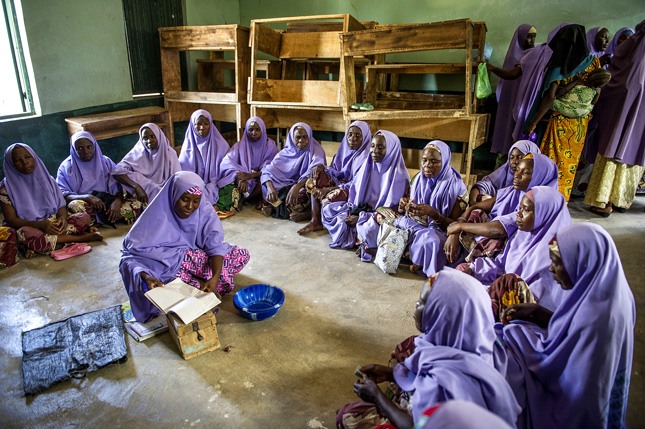-
Dr. Luther-King Fasehun, Maternal Health Task Force
To Turn the Tide of Maternal Mortality in Nigeria, Go State by State
January 14, 2015 By Wilson Center Staff
It is no longer news that Nigeria is a peculiar country, a nation with huge human and natural resources, and whose diversity of peoples and internal geographies is a blessing. Sadly, it is also not news that the country represents at least 10 percent of the global maternal mortality burden, with a currently estimated maternal mortality ratio (MMR) of 487 per 100,000 livebirths (as of 2011).
The well thought-out targets of the Ending Preventable Maternal Mortality (EPMM) Working Group present the country with an unprecedented opportunity to change the tide, improve livelihoods of its women and families, and aim to eliminate preventable maternal mortality within a generation, harnessing the right tools and interventions, at the right scale and quality, as well as building on the success factors in the chase for the Millennium Development Goals, including the harnessing of a burgeoning private sector and surging political will for improved health outcomes for women, families, and communities.
Based on the EPMM Working Group targets, the proposed MMR target for Nigeria is “less than 100 per 100,000 livebirths by 2035, with country-specific milestones, with the expectation that Nigeria will cross one milestone within every five-year interval.” I humbly recommend that the country-specific five-year interval milestones be context-driven on a State by State basis, given that Nigeria has 36 States, with one Federal Capital Territory.
Continue reading on the Maternal Health Task Force blog.
Sources: Lancet, World Health Organization.
Photo Credit: A Nigerian women’s savings club, courtesy of Karen Kasmauski/MCHIP.
Topics: Africa, democracy and governance, development, Dot-Mom, global health, maternal health, MDGs, Nigeria
 A Publication of the Stimson Center.
A Publication of the Stimson Center.






